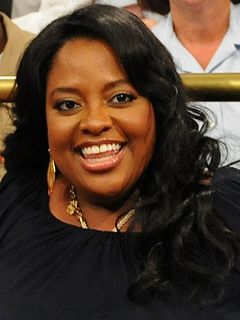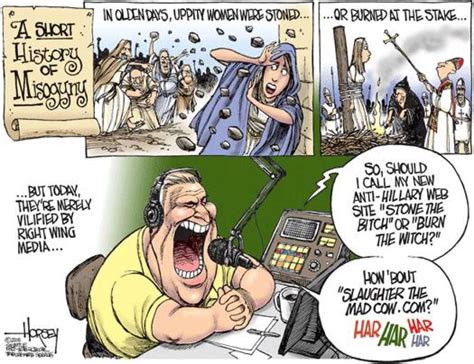A Quote by Sergio Chejfec
A word, and all the infinite fluctuations it may possess. Like that moment when you know you have something to say, and you know you're speaking, even, but you still have no idea how you will say it. Or the moment when, as a reader, you're reading, and you are understanding what you are reading, but still have utterly no idea what will come next for you, what precisely the author wants to say. For me, that is the ultimate level of literary depth, of literary density.
Related Quotes
What makes a sentence, a phrase, a moment, or a scene delightful? Something about recognizing the truth in it, hearing the music in it, understanding, intuitively perhaps, that the words are just right. It's not a matter of even context - delight is not limited to scenes or descriptions of happiness or beauty - but of aesthetic appreciation of the thing itself. As a reader, I find it's that moment when I want to stop reading, and also that moment when I know I can't. Delight is that it's what takes me by surprise and reminds me why I love the literary arts above all others.
Sometimes I will give some very vague directions to the designer that I'm working with on a particular project and they'll come back and surprise me with something that really shows a lot of their own 'hand' in it. Other times I'll have a really clear idea about how I want it done and I'll draw it out pretty precisely and say 'make it look exactly like this' and it will be something where it looks like I can say it was 'fully my design'. The work can also range between the two.
The thing I want to really say is that I still mess up. I still go out there and say things on TV that I know the Lord is like, 'Sherri what are you doing?' but I know I can go back and get on my knees and say, 'Lord forgive me.' I know he will never leave me nor forsake me. The wonderful thing is He answers my prayers in spite of me.
I think I'm speaking for a bunch of girls when I say that the idea that feminism is completely natural and shouldn't even be something that people find mildly surprising. ...I find a lot of feminist reading quite confusing and that often there's a set of rules, and people will be like, 'Oh, this person isn't a true feminist because they don't embody this one thing,' and I don't know, often there is a lot of gray area that can be hard to navigate.
As for me, my literary theory, like my politics, is based chiefly upon one main idea, to wit, the idea of freedom. I am, in brief, a libertarian of the most extreme variety, and know of no human right that is one-tenth as valuable as the simple right to utter what seems (at the moment) to be the truth
I actually dislike, more than many people, working through literary allusion. I just feel that there's something a bit snobbish or elitist about that. I don't like it as a reader, when I'm reading something. It's not just the elitism of it; it jolts me out of the mode in which I'm reading. I've immersed myself in the world and then when the light goes on I'm supposed to be making some kind of literary comparison to another text. I find I'm pulled out of my kind of fictional world, I'm asked to use my brain in a different kind of way. I don't like that.
I must suppose that reading wonderful writers may, inadvertently, teach an avid reader a great deal -- not only about life and other matters, but about how to write. Therefore doubtless I have benefited from frequent immersions in the glowing genius of others. It would be nice to think so. (I do actually think so). But to improve my skills will never be the prompting force of my reading -- that's just literary lust.
I almost literally wake up in the morning starting to think of my next idea. It's almost always driven by what's in the news. The hard part, really, is getting from knowing what I want to say to figuring out how to say it in an image. I'm still not entirely sure how to explain how that happens... Suddenly, something just works.
Every time I say the word capitalism, everyone just assumes I have plenty of Marxism in me, I do. But Russia and China had their bloody revolutions and even while they were Communist, they had the same idea about generating wealth - tear it out of the bowels of the earth. And now they have come out with the same idea in the end... you know, capitalism. But capitalism will fail, too.




































